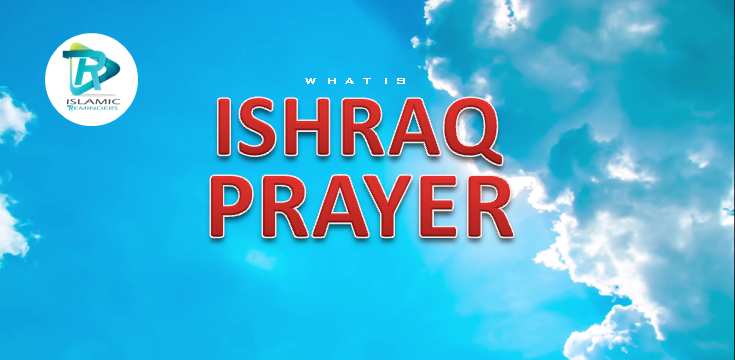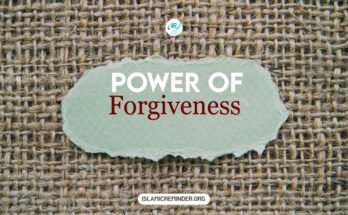Ishraq Prayer is a nafl prayer which is performed about 12 minutes after sunrise. It has only 2 rakaats but Hadiths are replete with the high merits of this prayer. Abu Hurairah relates that our Prophet – upon whom be eternal Peace – has said that “He who says Ishraq prayers without fail shall have his lesser sins forgiven even though they may be as numerous as foam specks on the surface of the sea.” (Tirmidhi and Ibn Majah)
Abu Hurairah has also related that the eternally blessed Prophet once sent some companions on jihad. They returned soon with much booty. Someone asked in surprise how the military expedition returned so soon with so much booty. The Holy Prophet said, “Should I not tell you about the men who would come back even sooner and still more booty?” Then he said, “He who performs his ablution well, then completes his fajr prayer and then (after sunrise) performs his Ishraq prayer, comes sooner and with greater booty” (Targhib p. 427. vol. I ref. Abu Yate ba Isnad-e-Sahib).
A tradition related by Abu Dhar Ghifari tells us that a man has 360 joints in his body. To rid each from the hellfire, he should do at least 360 good deeds, which were subsequently described by our Holy Prophet. He said that saying Subhanallah once is one good deed, saying al Hamdulillah is another and saying La Ilaha Illallah is the third; to bid someone do good is a good deed and to stop someone from sin is also a good deed. Then after reciting the whole list, our Prophet said: –
“And in place of all these good deeds, 2 rakaats prayed at the time of Ishraq can also suffice” (Sahih Muslim)
Imagine this: 2 rakaats – which will take you less than 2 minutes, are equivalent to 360 good deeds.
The best way to perform Ishraq prayer is to sit in place after fajr prayer and do dhikir and then leave after performing Ishraq prayers when the sun has risen. But if one cannot follow this, then he can say Ishraq prayers after coming back home or after doing something he has to do.




